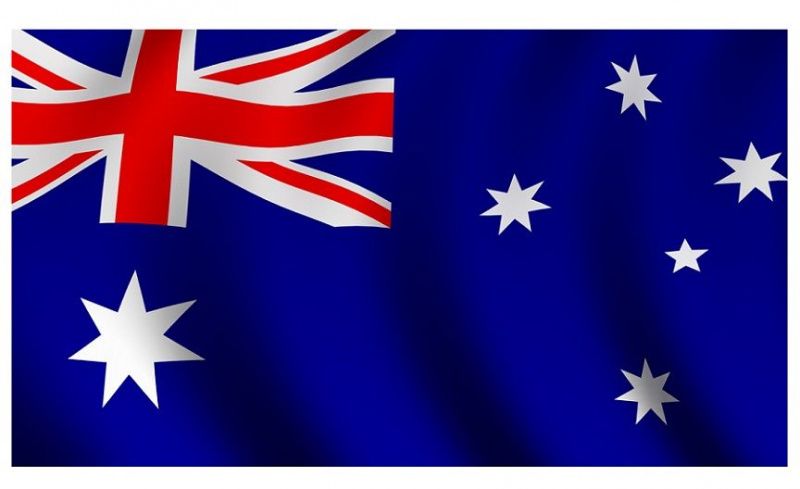Australia braces for potential threats Avian Influenza
Australia, free from the scourge of a deadly new strain of avian influenza, faces the looming question: how would it respond to a potential breach of its borders by the virus?

While poultry, egg, and dairy farms worldwide grapple with the spread of highly pathogenic avian influenza (HPAI), Oceania, comprising Australia and New Zealand, has thus far remained unscathed.
However, as countries like the United Kingdom and the United States grapple with disruptions to their egg supplies and fast-food chains due to avian flu outbreaks, concerns linger over the potential impact on Australian staples like KFC and dairy products.
Amidst these uncertainties, Trade Minister Todd McClay asserts New Zealand's unwavering commitment to defending its trade interests and upholding free trade agreements.
Yet, as Australia braces for potential threats, experts like Professor Peter Collignon, an infectious diseases specialist at the Australian National University and Canberra Hospital, urge caution without panic. While avian flu poses a risk, historical data suggests a lower-than-feared human infection rate, offering some reassurance amidst global concerns.
Meanwhile, concerns over the safety of Australia's milk supply persist, albeit with measured optimism. Dairy Australia's industry analyst, Eliza Redfern, acknowledges minimal disruptions to milk supply despite localized outbreaks in the United States. However, ongoing vigilance and monitoring remain paramount, particularly as investigations into the crossover of avian flu to dairy cattle unfold.
As Australia navigates these challenges, proactive measures underscore the nation's commitment to biosecurity and animal health management. Dr. Mary Wu, CEO of the Australian Chicken Meat Federation, emphasizes the industry's preparedness and adherence to nationally agreed procedures in safeguarding against HPAI incursions.
Yet, as questions linger over the resilience of Australia's poultry industry in the face of potential outbreaks, stakeholders remain reticent. Requests for comment from major fast-food chains like KFC and poultry industry representatives yield limited responses, underscoring the delicacy of the situation.
As Australia grapples with these uncertainties, the nation's ability to safeguard its food security and respond effectively to potential threats remains a critical concern in the face of evolving global challenges.
However, as countries like the United Kingdom and the United States grapple with disruptions to their egg supplies and fast-food chains due to avian flu outbreaks, concerns linger over the potential impact on Australian staples like KFC and dairy products.
Amidst these uncertainties, Trade Minister Todd McClay asserts New Zealand's unwavering commitment to defending its trade interests and upholding free trade agreements.
Yet, as Australia braces for potential threats, experts like Professor Peter Collignon, an infectious diseases specialist at the Australian National University and Canberra Hospital, urge caution without panic. While avian flu poses a risk, historical data suggests a lower-than-feared human infection rate, offering some reassurance amidst global concerns.
Meanwhile, concerns over the safety of Australia's milk supply persist, albeit with measured optimism. Dairy Australia's industry analyst, Eliza Redfern, acknowledges minimal disruptions to milk supply despite localized outbreaks in the United States. However, ongoing vigilance and monitoring remain paramount, particularly as investigations into the crossover of avian flu to dairy cattle unfold.
As Australia navigates these challenges, proactive measures underscore the nation's commitment to biosecurity and animal health management. Dr. Mary Wu, CEO of the Australian Chicken Meat Federation, emphasizes the industry's preparedness and adherence to nationally agreed procedures in safeguarding against HPAI incursions.
Yet, as questions linger over the resilience of Australia's poultry industry in the face of potential outbreaks, stakeholders remain reticent. Requests for comment from major fast-food chains like KFC and poultry industry representatives yield limited responses, underscoring the delicacy of the situation.
As Australia grapples with these uncertainties, the nation's ability to safeguard its food security and respond effectively to potential threats remains a critical concern in the face of evolving global challenges.
Key News of the Week











